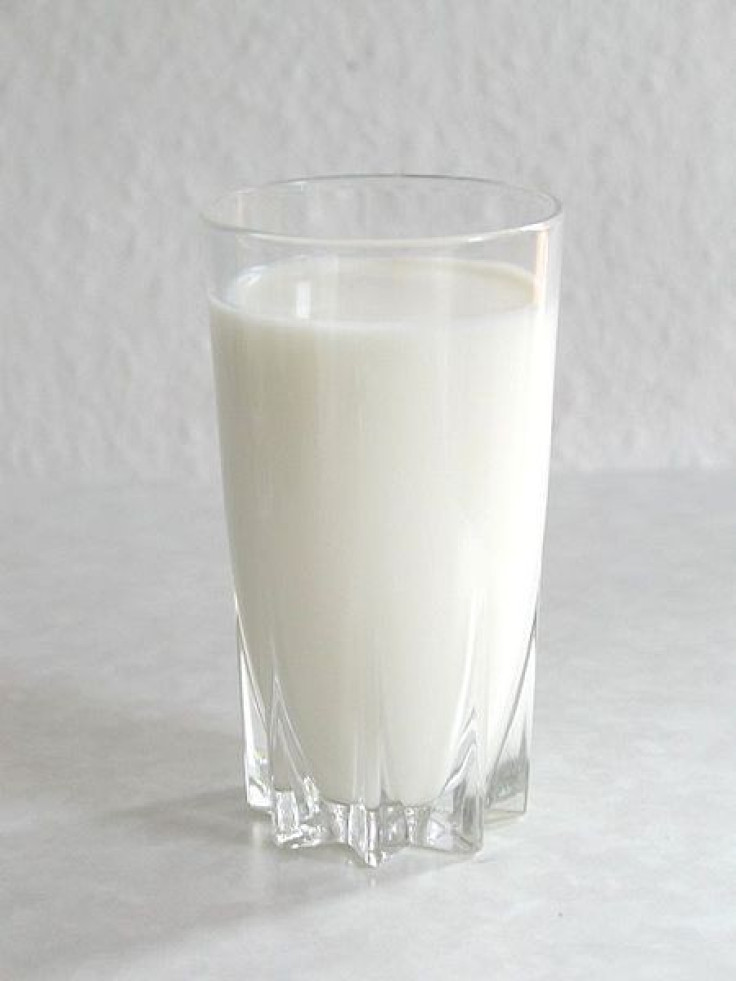Waste Milk Creates Excess Carbon Dioxide, Says Research

Waste milk can harm the earth's atmosphere, according to researchers from Edinburgh University. They have found that waste milk can create excess carbon dioxide in the atmosphere.
According to their finding, 360,000 tonnes of milk is poured in the sink every year in Britain. They found that the waste milk creates harmful gases equivalent to 100,000 tonnes of carbon dioxide produced by 20,000 cars every year.
The study also found that 99 per cent of milk that is thrown away by British consumers is designated as "avoidable waste". Almost half of this waste is a result of too much being served, with the rest discarded for being sour or past its sell-by date, according to the Independent.
Researchers also found that cutting down on meat consumption and reducing food waste will reduce nitrogen dioxide which will in turn reduce greenhouse gas.
"Eating less meat and wasting less food can play a big part in helping to keep a lid on greenhouse gas emissions as the world's population increases," the Press Association quoted Dr David Reay, researcher at Edinburgh University's School of GeoSciences, as saying.
The study, published in Nature Climate Change journal, revealed that nitrogen oxide has drastically increased over the past few decades.
Researchers said the only way to reduce this is by cutting food wastage and meat consumption. They believe that if meat consumption in the UK and other developed countries fell half from the current level by 2020, greenhouse gas emission would fall below current levels.
"Nitrous oxide is the major greenhouse gas from agriculture. It stands out as the gas you can really reduce in terms of emissions if you can cut down on agricultural waste and increase agricultural efficiency," the Independent quoted Dr David Reay, as saying.
"Population growth means that more food has to be produced and so this source of greenhouse gas emissions will continue to grow if everything else stays as it is," Dr Reay said.
"At present about 30 per cent of food is wasted globally. If we can tackle this, it would be like taking about 20 million cars off the road permanently," he added.
© Copyright IBTimes 2024. All rights reserved.





